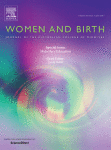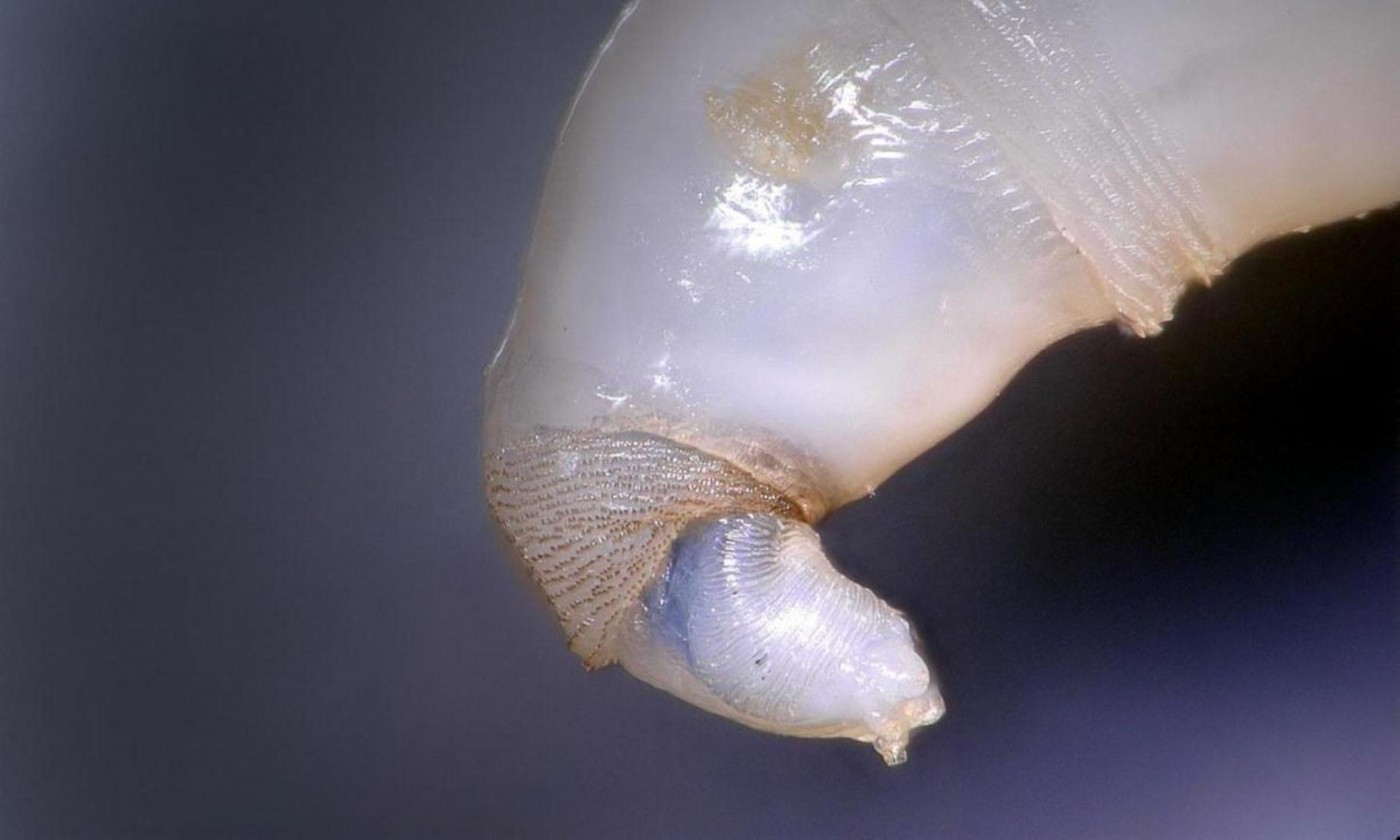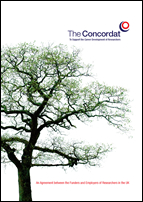TEF
As the sector continues to digest TEF the date to register for appeals has already passed. The Times report that Durham, Liverpool, Southampton and York will be appealing their ratings. Read Jane’s TEF blog published by Wonkhe. The Times Higher have published a comprehensive review of the data.
Graduate Outcomes
The second NewDLHE consultation has closed and the new survey will be called the Graduate Outcomes survey. Read about it on the HESA website and Rachel Hewitt’s Wonkhe blog: What’s in a name? Arriving at Graduate Outcomes. Rachel writes: The new model will enable us to provide high-quality data that meets current and anticipated future needs, while also realising efficiencies in the collection process. The data that will be available, including new graduate voice measures, will expand our understanding of what graduate success means.
HESA have published the synthesis of responses to the consultation and also have a helpful response and clarification page which follows more of a Q&A style. The first cohort of graduates to receive the new survey will be from the 2017/18 academic year and there will be a minimum 70% response rate requirement for full time UK undergraduates (some concern has been expressed about whether this is achievable). The first full Graduate Outcomes publication will be in early 2020, followed by the LEO earnings data later in Spring 2020. HESA clarify that there will not be a gap in data for TEF, although some students will be captured a little later than the existing DLHE model. When asked how HESA would mitigate the change in census point impacting on the TEF data they clarified it was for HEFCE to consider the matter.
Widening Participation
It’s been a busy week for widening participation. OFFA have released the national outcomes of the 2015/16 Access Agreement monitoring and announced a new HESA data set will be released at the end of July which will support institutions to evaluate the impact of their financial support (including bursaries) to students.
The Access Agreement monitoring noted greater investment during 2015/16 and ‘significant and sustained’ improvements in fair access in the last decade. However, it identified particular challenges in the fall of part-time student numbers, non-continuation rates for mature students (almost double the rate of young students), little progress in retention and attainment of students from certain BME backgrounds, and professional employment rates, which are significantly lower for graduates from disadvantaged backgrounds. It also stressed the importance of flexible study options, particularly for mature students.
The Social Mobility Commission published Time for change: an assessment of government policies on social mobility 1997 to 2017 which considers the impact and effectiveness of the key social mobility policies over the last 20 years. The HE sector has seen success in improving disadvantaged students access to university (less so at selective institutions), however, the retention rates and graduate outcomes for disadvantaged students still lag behind with only minimal improvement over the 20 year period. For more detail read our summary of the report here.
Research Councils UK released their Measuring Doctoral Student Diversity report. And the Herald has a piece on how Glasgow University contextualises its admissions successfully ‘Dumbing down’ myths scotched.
EU citizens’ rights
The Home Office have published a policy paper addressing the continuation of UK residence rights for EU nationals, which was the basis of the government’s proposal to the EU for negiotiations on this issue, which is a gateway issue to wider negotiation on Brexit. A short factsheet explains the intended process for EU citizens to remain in the UK. The policy paper mentions access to fee and maintenance loans for undergraduates and EU citizens access to research council PhD studentships – both to continue until 2018-19. Upon Brexit EU students with “settled status” will be permitted to complete their studies.
The current UK proposal appears to be relatively generous to EU citizens currently in the UK – although there is a cut off date which has yet to be set and will be between 29 March 2017 and 29 March 2019. Those arriving after that date will not have the same rights. It does propose a registration requirement for those acquiring “settled” status (or in the course of acquiring it – it takes 5 years) but it proposes a 2 year transition period for that process to avoid administrative chaos. The EU have already said that they are not happy with the proposal that the EU court will not have jurisdiction. This is the opening position in a negotiation, so expect it to evolve over the next few months.
Local MPs
Three of our local MPs have been appointed to Government positions.
- Simon Hoare has been appointed as Parliamentary Private Secretary for the Ministerial team within the Home Office.
- Conor Burns has moved from BEIS and been appointed as Parliamentary Private Secretary to Boris Johnson (Secretary of State for Foreign and Commonwealth Affairs).
- Michael Tomlinson has been appointed as Parliamentary Private Secretary for the Ministerial team within the Department for International Development.
Parliamentary Questions
There were a number of HE relevant parliamentary questions this week.
Catherine West asked the Secretary of State for Education whether it remains the Government’s policy to allow the opening of new grammar schools. Justine Greening responded: There was no education bill in the Queen’s Speech, and therefore the ban on opening new grammar schools will remain in place.
William Wragg asked the Secretary of State for Education whether the proposals relating to universities in the Schools that Work for Everyone consultation document will be taken forward. Justine Greening responded: “As part of the Government’s commitment to create more good school places, last September we published the consultation document: Schools that work for everyone. This asked how we could harness the resources and expertise of those in our higher education sector to work in partnership to lift attainment across the wider school system.
The Government has welcomed the way that our world-class higher education institutions are willing to think afresh about what more they could do to raise attainment in state schools, in recognition of their responsibility to their own local communities.
Universities are currently agreeing Access Agreements with the Office for Fair Access. Earlier this year, his strategic guidance to the sector, the Director for Fair Access set out an expectation that HEIs should set out in their access agreements how they will work with schools and colleges to raise attainment for those from disadvantaged and under-represented groups.
The Government hopes and expects more universities will come forward to be involved in school sponsorship and free schools, including more mathematics schools, although support need not be limited to those means.”
Lastly, Justine Greening confirmed that her department would provide further information on the Schools that work for everyone consultation ‘in due course’.
Other news
Research England is recruiting members for the first Council.
The House of Commons Library have published a briefing paper on The value of student maintenance support.
Jane Forster Sarah Carter
VC’s Policy Adviser Policy & Public Affairs Officer
 Congratulations to Dr. Jenny Hall in the Faculty of Health & Social Sciences (FHSS) on her new published discussion paper ‘Educating student midwives around dignity and respect’ in the international journal Women and Birth (published by Elsevier). The paper, co-authored with Mary Mitchell (University of the West of England), discusses the issue that there is currently limited information available on how midwifery students learn to provide care that promotes dignity and respect.
Congratulations to Dr. Jenny Hall in the Faculty of Health & Social Sciences (FHSS) on her new published discussion paper ‘Educating student midwives around dignity and respect’ in the international journal Women and Birth (published by Elsevier). The paper, co-authored with Mary Mitchell (University of the West of England), discusses the issue that there is currently limited information available on how midwifery students learn to provide care that promotes dignity and respect. The Department for Business, Energy and Industrial Strategy has
The Department for Business, Energy and Industrial Strategy has 
 The Engineering and Physical Sciences Research Council (EPSRC) is welcoming applications for
The Engineering and Physical Sciences Research Council (EPSRC) is welcoming applications for 

 The ESRC wishes to
The ESRC wishes to  The Arts and Humanities Research Council (AHRC), Economic and Social Research Council (ESRC) and the UK Foreign and Commonwealth Office (FCO) are pleased to invite applications to the AHRC-ESRC-FCO Knowledge Exchange (KE)
The Arts and Humanities Research Council (AHRC), Economic and Social Research Council (ESRC) and the UK Foreign and Commonwealth Office (FCO) are pleased to invite applications to the AHRC-ESRC-FCO Knowledge Exchange (KE)  The fellowship scheme will go beyond current ad hoc arrangements, create deeper engagement between academia and policy, impact on diplomacy, increase the professional reputation of participating scholars and build long term, two way relationships. The benefits will flow to the wider academic community through fellows’ engagement with their home research organisation and wider research communities as well as through a dedicated policy seminar series hosted by the FCO during the lifetime of the scheme.
The fellowship scheme will go beyond current ad hoc arrangements, create deeper engagement between academia and policy, impact on diplomacy, increase the professional reputation of participating scholars and build long term, two way relationships. The benefits will flow to the wider academic community through fellows’ engagement with their home research organisation and wider research communities as well as through a dedicated policy seminar series hosted by the FCO during the lifetime of the scheme. Every BU academic has a
Every BU academic has a  HEFCE provide Higher Education Innovation Funding (HEIF) to universities to facilitate a broad range of knowledge-based interactions between them and the wider world, which result in economic and social benefit to the UK. The current round of funding is referred to as HEIF-6 and runs from August 2017 to July 2022.
HEFCE provide Higher Education Innovation Funding (HEIF) to universities to facilitate a broad range of knowledge-based interactions between them and the wider world, which result in economic and social benefit to the UK. The current round of funding is referred to as HEIF-6 and runs from August 2017 to July 2022.
 Do you have exciting research or expertise that you’d like to take out in to the world and share with other people? Or are you keen to get involved with public engagement but have no idea how to get started?
Do you have exciting research or expertise that you’d like to take out in to the world and share with other people? Or are you keen to get involved with public engagement but have no idea how to get started?











 UK Turing Scheme: My student mobility programme in Nepal
UK Turing Scheme: My student mobility programme in Nepal Bournemouth University psychologists publish new book
Bournemouth University psychologists publish new book Connecting Research with Practice: FoodMAPP Secondment in Austria and France
Connecting Research with Practice: FoodMAPP Secondment in Austria and France Health promotion paper read 8,000 times
Health promotion paper read 8,000 times The Beautiful Work Challenge: On Birth
The Beautiful Work Challenge: On Birth MSCA Postdoctoral Fellowships 2025 Call
MSCA Postdoctoral Fellowships 2025 Call ERC Advanced Grant 2025 Webinar
ERC Advanced Grant 2025 Webinar Horizon Europe Work Programme 2025 Published
Horizon Europe Work Programme 2025 Published Horizon Europe 2025 Work Programme pre-Published
Horizon Europe 2025 Work Programme pre-Published Update on UKRO services
Update on UKRO services European research project exploring use of ‘virtual twins’ to better manage metabolic associated fatty liver disease
European research project exploring use of ‘virtual twins’ to better manage metabolic associated fatty liver disease